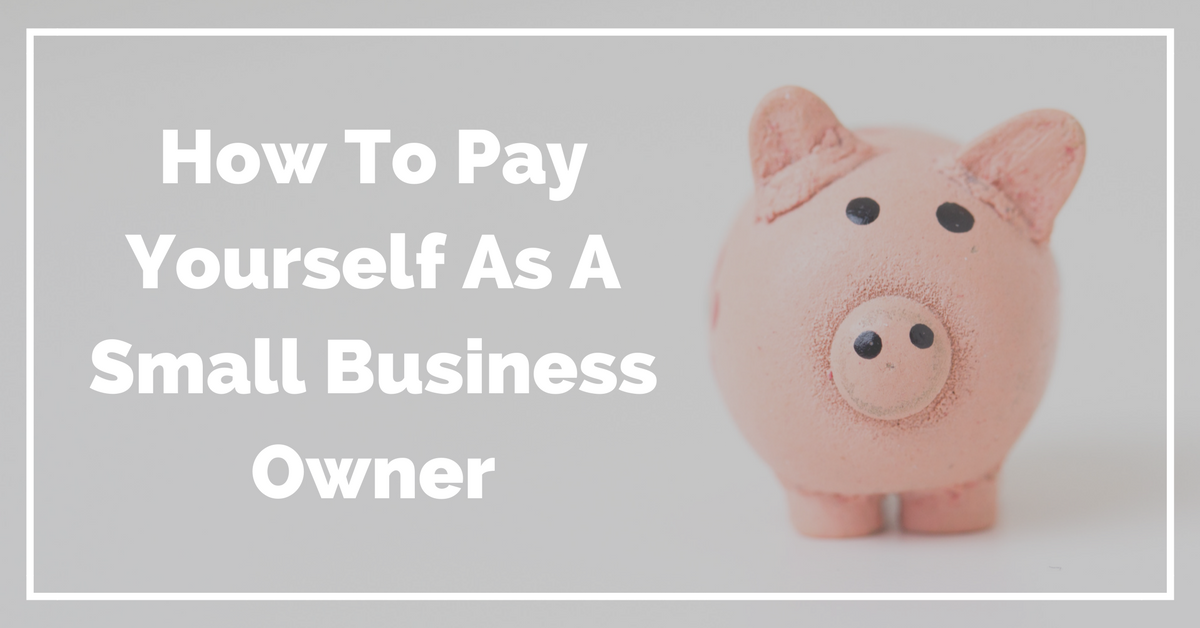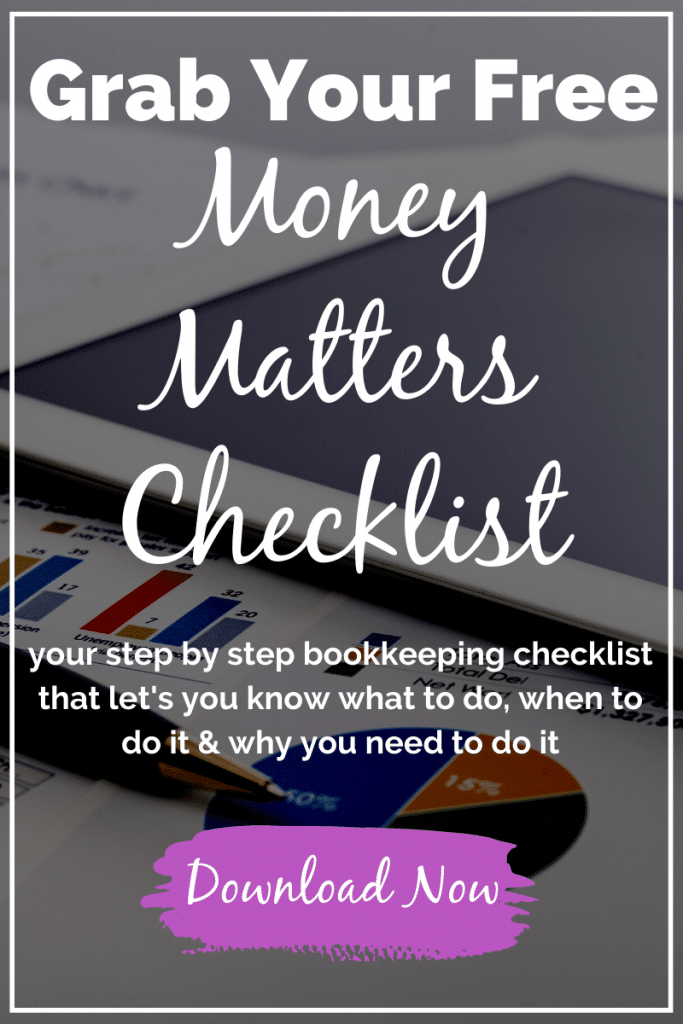Paying yourself as a business owner should be pretty simple, right? I mean, it IS your business and it IS your money, right?
Well, that really depends on quite a few things. Like the legal structure and if you want your accountant to yell at you or not.
What’s your legal structure?
First things, first. Before I dive into any talk about actually getting the moolah from the business to your hot little hands, we need to cover a little something. The legal structure of your business.
Legal structure is important because it not only dictates how your business is taxed (and when) but how you’re supposed to pay yourself as the owner.
Sole-proprietors and Single-member LLCs that are taxed as a Sole-proprietor can skip the formalities and pay yourself via an owner’s draw. Not super sexy but super simple. Just a matter of transferring money from your business account to your personal account, however, I would suggest some structure (more on that later).
Single-member LLCs that are taxed as S-Corporations, Multi-member LLCs, Partnerships, S-Corporations and C-Corporations actually treat you as an employee of the business so you have to be quite a bit more formal and actually jump through the paycheck hoops.
So this is why the legal structure matters. You can’t just do whatever you want, whenever you want, at least not in this area of your business.

How To Pay Yourself
Now that we’ve gotten the legal structure out of the way and we kinda know what’s up, let’s dig a little bit into the how to of paying yourself.
As mentioned above, legal stuff matters because it flows into the tax stuff and we don’t want to have the issues of dealing with headaches later so let’s pay attention to how to pay ourselves now.
How To Pay Yourself As a Sole-Proprietor
As mentioned, this is the easier option to deal with because it’s can be as simple as transfer money…but I would caution you against being all willy-nilly with it. I advise my clients to actually determine an amount to be paid AND an owner’s draw schedule.
If you’re a Profit First follower, you may use the percentage method based on the revenue you generate. This may or may not be helpful for you especially if you’re just starting out but this is my genuine advice to anyone, pay yourself SOMETHING.
So you’re paying yourself but when should you pay yourself? What schedule should you use? Whatever you want. It can be once a month, on the 1st and the 15th, or every Friday. Doesn’t really matter… as long as you get it done.
As you’ve probably already surmised, the amount and the actual schedule you use is actually irrelevant… just do it.
Paying yourself something on some sort of schedule will get you in the reward habit and into the habit of keeping the business’ expenses and your personal expense separate. So start immediately.
As soon as you make any money in your business, pay yourself.
How To Pay Yourself As A Member of An S-Corporation, C-Corporation or Part of a Partnership
I’m sure you’ve already guessed that this is a little more complicated and requires a little more structure than the How-To for the soloist. Sorry but that’s the way the cookie crumbles.
For all of these organizational types there are various filing requirement to meet with your state, one of which may be to have a board of directors, to file minutes from annual meetings and to have employment agreements with the officers to outline their duties and most intriguing for us, what they should be paid (salary, bonuses, etc) and the frequency.
For our purposes and for this discussion, the most important thing on that list is the employment agreements. They will govern the payroll for the company (and you as the business owner).
Once you’ve got that base covered, I’m going to tell you to add another wrinkle into the mix, a payroll service provider. My favorite is Gusto because it’s easy to use, client support is stellar and it integrates with my favorite accounting software, Xero.
By using a payroll service, you won’t be going it alone. You’ll have someone to assist you when you have questions and someone to guide you when you need to get information like what’s your state’s unemployment tax rate or what’s your state account number. I’m not going to dig too deep into this because I don’t really want this to become a payroll post… (but if you have question, email me).
When you’re setting up your payroll system, you’ll onboard yourself like you would any other employee of your company. On the employer side, you’ll put in the salary and the frequency….On the employee side, you’ll put in your bank account information for direct deposit.
Tip: If the salary doesn’t change from pay period to pay period, you can even set Gusto up to do the pay run automatically. You can also pay bonuses and track paid time off. Lots of little bells and whistles.
So definitely more hoops to jump through but it’s how you’ll stay in compliance.
How Much to Pay Yourself As A Small Business Owner
This is a loaded question that I’m pretty sure you know I can’t answer without knowing anything about your business. So I’m going to leave you with it depends and what I advise my clients to do… here are a few tips:
- Have budget – know what your projected revenue and expenses are for the coming month/quarter/year
- Have a reserve – use this month’s revenue to pay next month’s expenses (that includes what you pay yourself). This is the minimum reserve you should have for your business…then grow it from there especially as you grow the business and grow your team.
- Pay yourself on a schedule. (see above)
- Increase the amount you pay yourself as your business’ revenue grows (also see above, especially if you are not a sole-proprietor or threat your business as one… it’s not as easy as just increase the amount you transfer).
- Consult your CPA, EA or tax accountant if you have any doubts or have any questions about the tax ramifications of the options you’re considering.
So what’s your take on paying yourself? Are you already doing it? Did you wait until your business hit a certain milestone to get started? Are you using a payroll service to make it simpler?
Let me know in the comments below.
Until next time,
J
Notes:
Profit First (Amazon affiliate link)
Gusto (partner affiliate link)
Xero (partner affiliate link)
Work With Me

